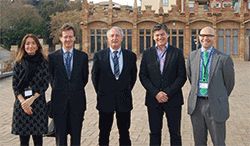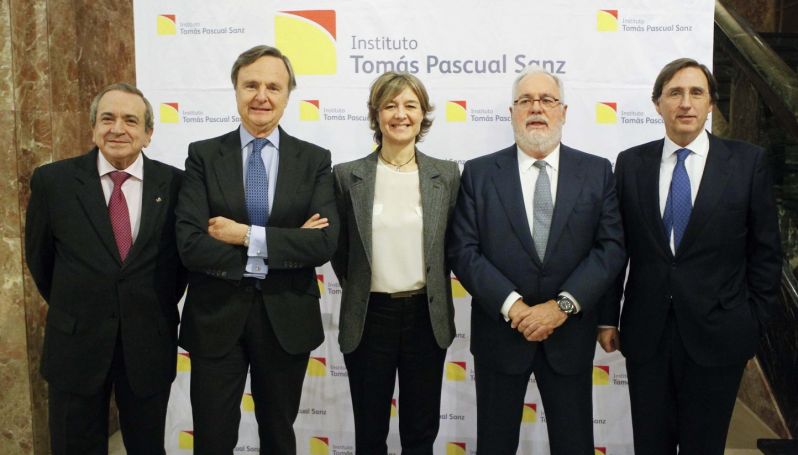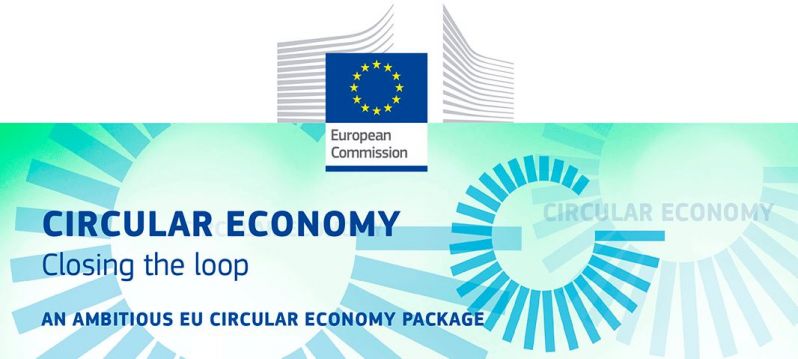
mar
2017
Indicadores y estándares para la Economía Circular: solo se gestiona bien aquello que se puede medir
El pasado jueves se celebró la Conferencia Internacional “Estándares e Indicadores Ambientales para la Economía Circular”, inaugurada por Javier Cachón de Mesa, director general de Calidad y Evaluación Ambiental y Medio Natural del Ministerio de Agricultura y Pesca, Alimentación y Medio Ambiente, y Marta Subirà, secretaria de Medio Ambiente y Sostenibilidad del Gobierno de Cataluña. Junto a ellos, el secretario general de PIMEC, Antoni Cañete; José Magro, Gerente de Medio Ambiente en AENOR, ambos colaboradores de esta jornada sobre economía circular, y Jean-Pierre Hannequart, presidente de honor de la Fundación para la Economía Circular organizadora del acto.
Leer más Español
Español
 English
English


